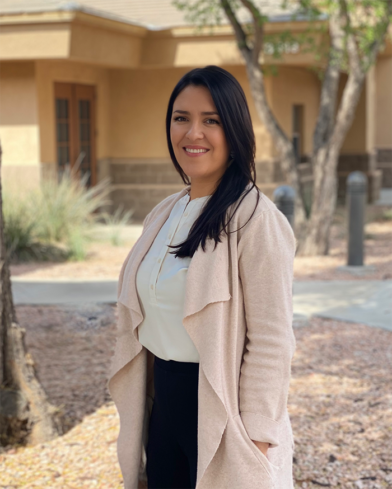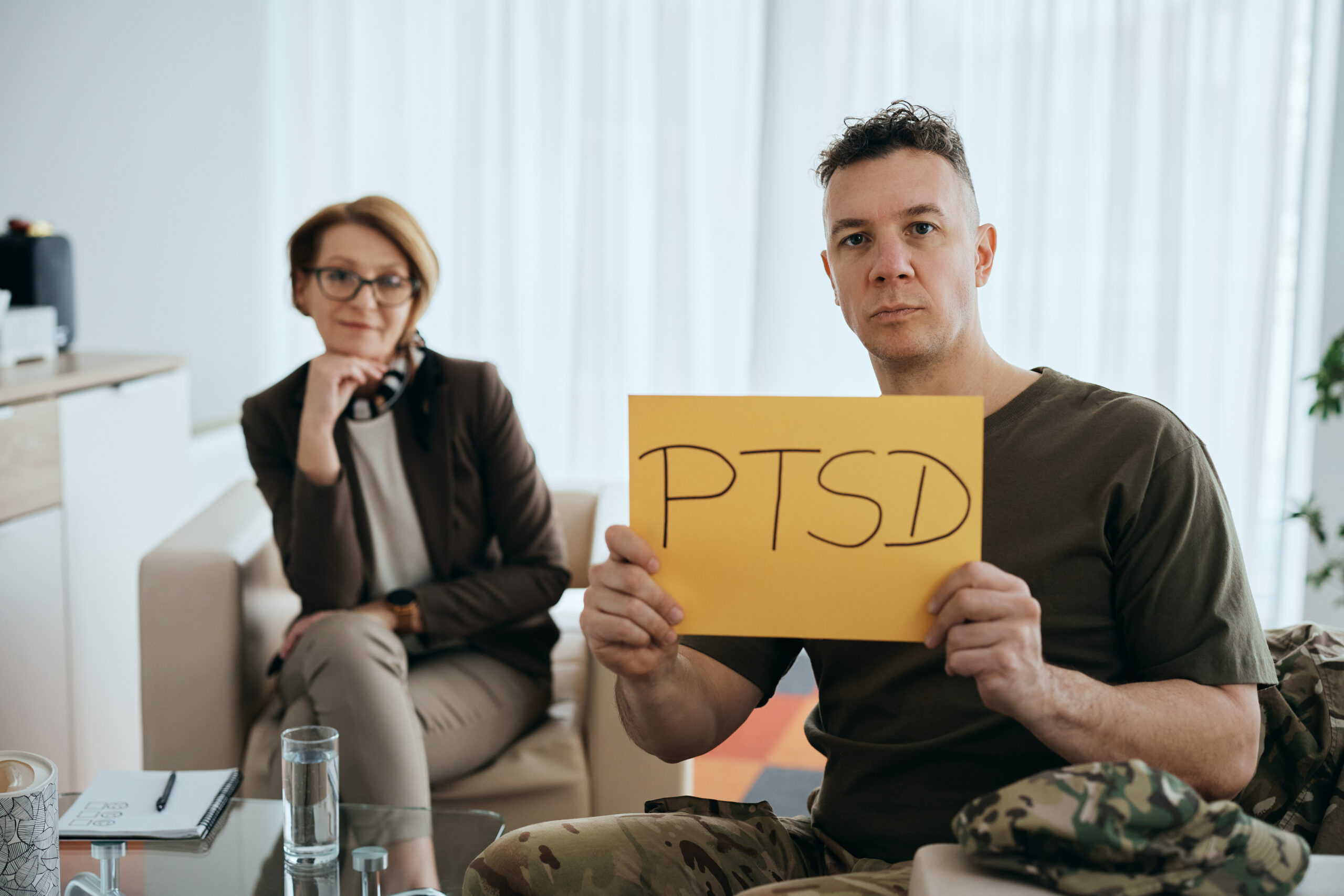
Child Trauma Counseling in Scottsdale, AZ
“Beneath every behavior is a feeling, and beneath every feeling is a need. And when we meet the need rather than focus on the behavior, we begin to deal with the cause, not the symptom.”
— Ashleigh Warner, Psychologist
Child Trauma Counseling in Scottsdale, AZ | Pathways Counseling Services
Child Trauma Counseling, Scottsdale, AZ Pathways Counseling Services. When Child Behavior Signals Trauma has your child become more withdrawn, anxious, or angry lately? Maybe they’ve started having meltdowns over small things, acting clingy, having more nightmares, trouble sleeping or suddenly avoiding places they used to enjoy.
You may be doing everything you can to help, but still feel like nothing is working. When trauma is involved, kids don’t always use words—they use behavior.
That’s why trauma therapy for children is so important: it helps your child feel emotionally safe enough to begin healing.
At Pathways Counseling Services we specialize in helping children process trauma in a gentle, developmentally appropriate way.
Whether the trauma was recent or occurred years ago, we’re here to help your child feel safe, understood, and supported again.

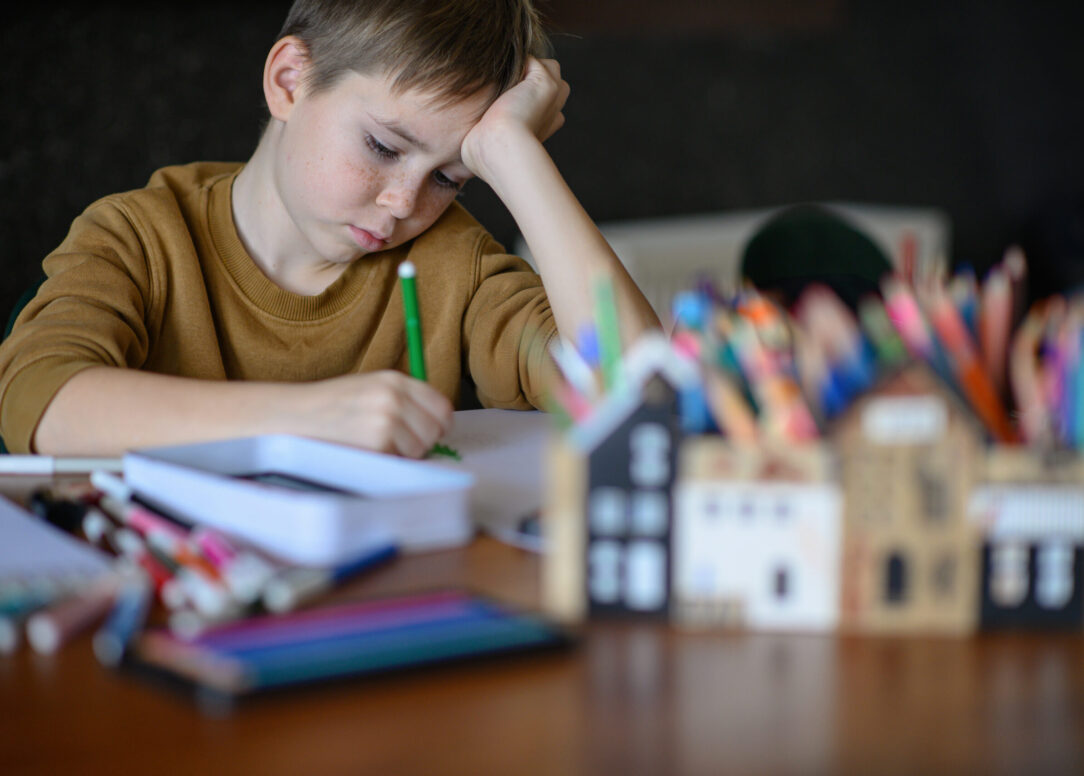
What Is Childhood Trauma Counseling for Kids
Trauma is not just what happens to a child—it’s how their mind and body react to what happened. A traumatic experience can overwhelm a child’s sense of safety and leave lasting emotional, physical, and relational effects.
Some common causes of trauma in children include:
• Parental separation or high-conflict divorce
• Witnessing domestic violence or substance use
• Physical, emotional, or sexual abuse
• Serious illness, injury, or medical procedures (on self or on family members)
• Loss of a loved one or pet
• Bullying or social rejection
• Car accidents or natural disasters
• Sudden changes like foster care or relocation
Even when a child can’t put their pain into words, it shows up in their behavior. Therapy helps give that pain a voice—and creates space for healing.
Signs of Trauma in Children
Trauma doesn’t always look like flashbacks or fear. Sometimes emotional trauma in children symptoms looks like acting out, shutting down, or refusing to go to school.
Because children don’t always have the language or awareness to explain how they feel, their symptoms often show up through:
• Mood swings or frequent meltdowns/
• Increased sensitivity to things (e.g., like clothing textures, or loud sounds)
• Nightmares, trouble falling asleep, or bedwetting
• Regression (e.g., baby talk or clinginess)
• Hypervigilance or jumpiness
• Withdrawal from friends, family, or play
• Aggression, defiance, or shutting down emotionally
• Physical complaints like stomachaches or headaches
• Trouble concentrating or academic decline
• Increased need for reassurance or control
These behaviors aren’t just “bad behavior”—they’re survival responses. In child trauma therapy, we focus on understanding the why beneath the behavior.
In child trauma therapy, we focus on understanding the why beneath the behavior. We support both the child and caregiver by building co-regulation tools, emotional safety, and healthy expression.
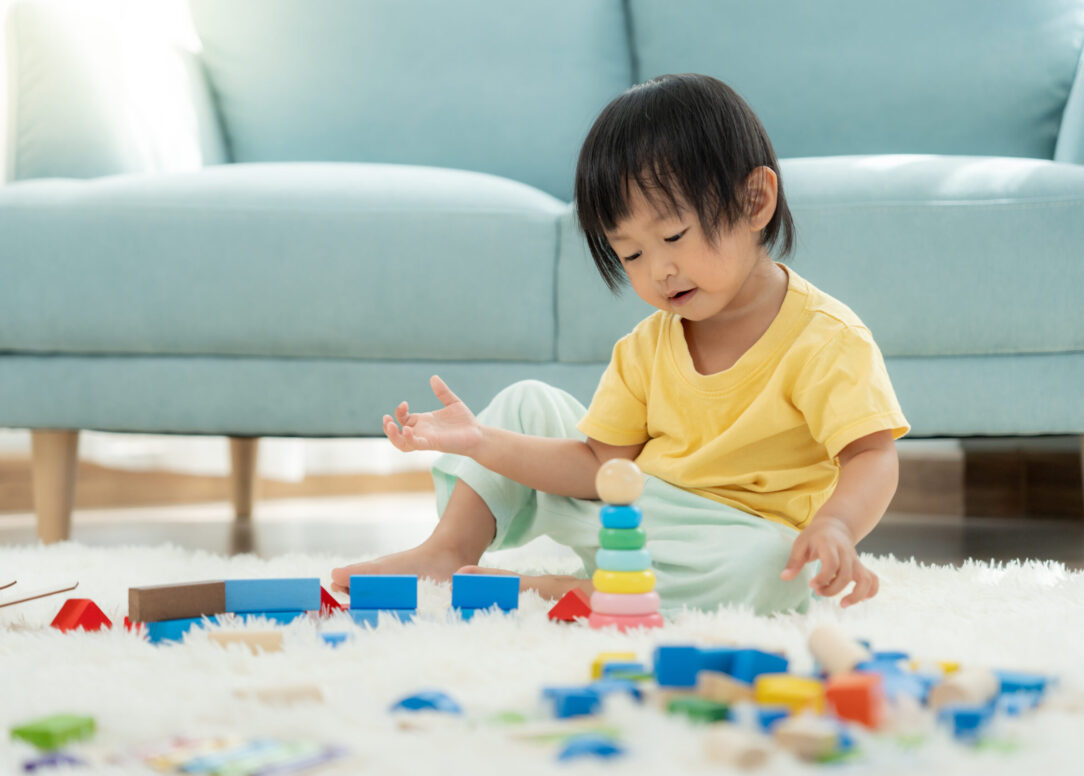
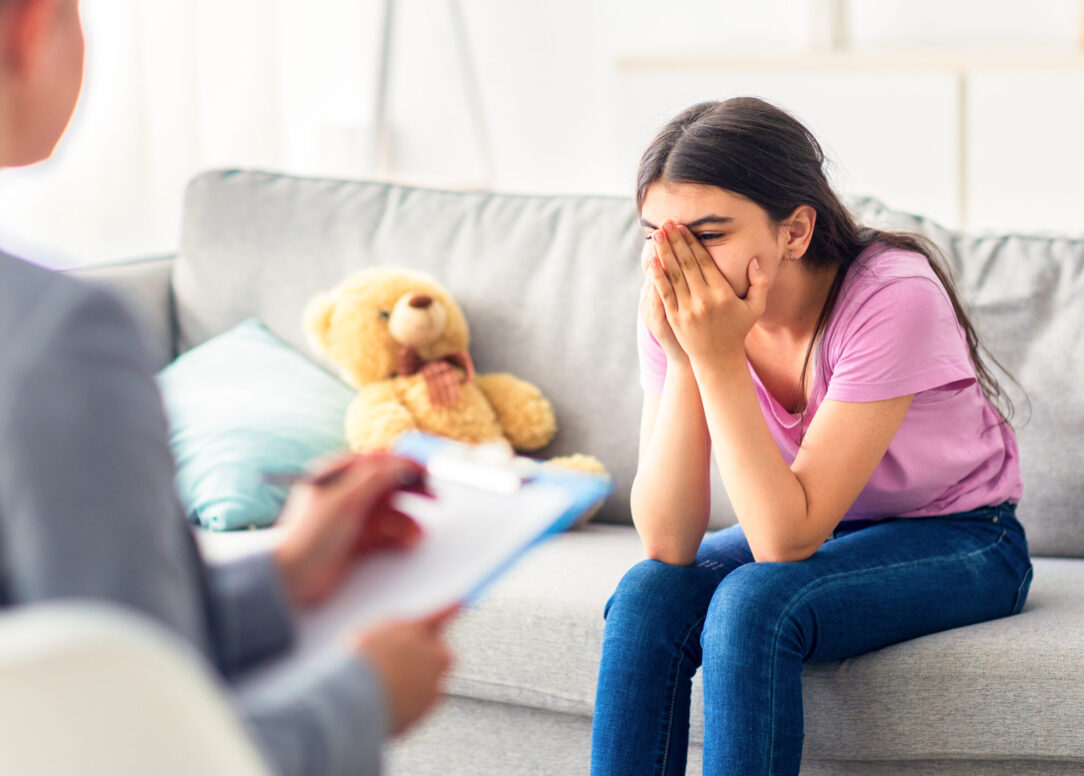
How Trauma Affects a Child’s Brain & Body
When a child goes through something frightening, their brain activates the limbic system—home to the fight, flight, freeze, or fawn responses. If the trauma is ongoing or unresolved, their nervous system may stay stuck in this stress mode long after the threat has passed.
Over time, this can lead to:
• Chronic anxiety or hypervigilance
• Difficulty regulating emotions or calming down
• Trouble trusting others
• Feeling numb or disconnected
• Low self-esteem or shame-based beliefs
• Re-enactment of trauma through play or behavior
Trauma-informed child therapy helps children feel safe in their bodies and relationships again. We teach skills to process big feelings and build internal and external safety.
Parent-Child Interaction Therapy (PCIT)
PCIT is a powerful, evidence-based therapy for children ages 2–10 who have experienced trauma. It’s especially effective when trauma shows up as behavioral challenges, emotional outbursts, or difficulty with trust and safety.
PCIT helps by:
• Strengthening the caregiver-child bond through play-based connection
• Coaching caregivers in real-time to support co-regulation and emotional safety
• Teaching parents how to respond calmly and consistently to distressing behaviors
• Helping children learn to express big feelings in safe, manageable ways
• Reducing oppositional behaviors, anxiety, and trauma-related emotional reactivity
We guide caregivers in using calm, attuned responses to de-escalate situations, helping children feel seen, soothed, and secure. Over time, this builds resilience and emotional stability—not just in the child, but in the whole family system.
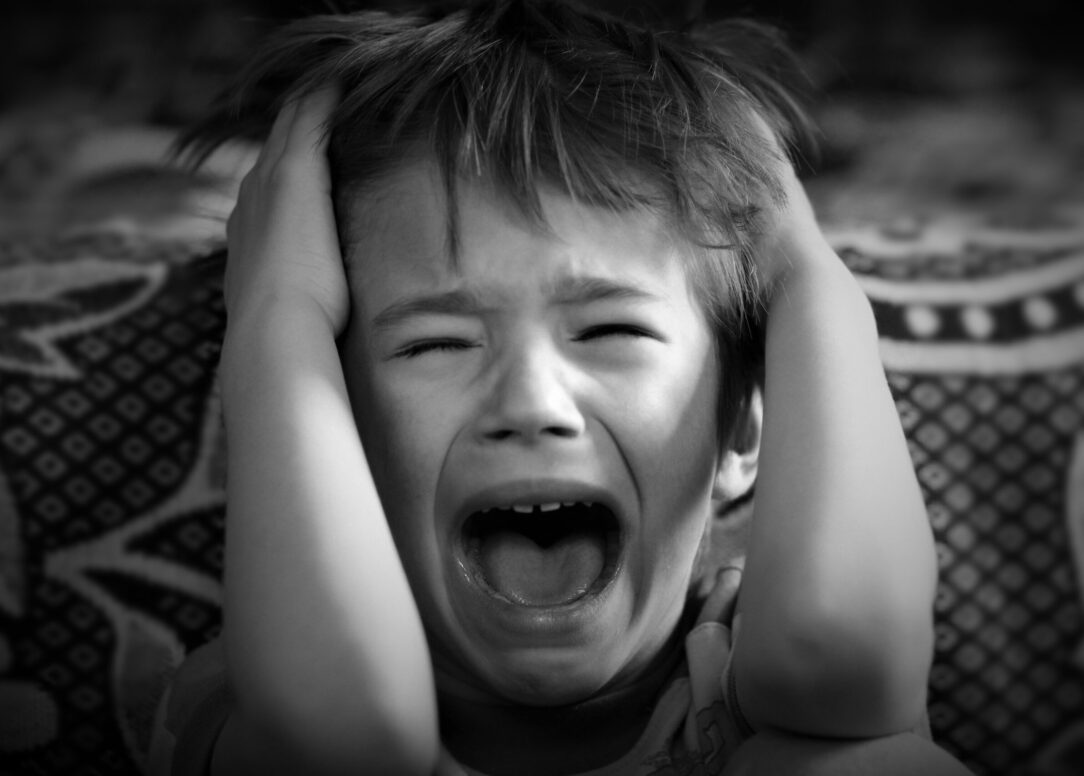
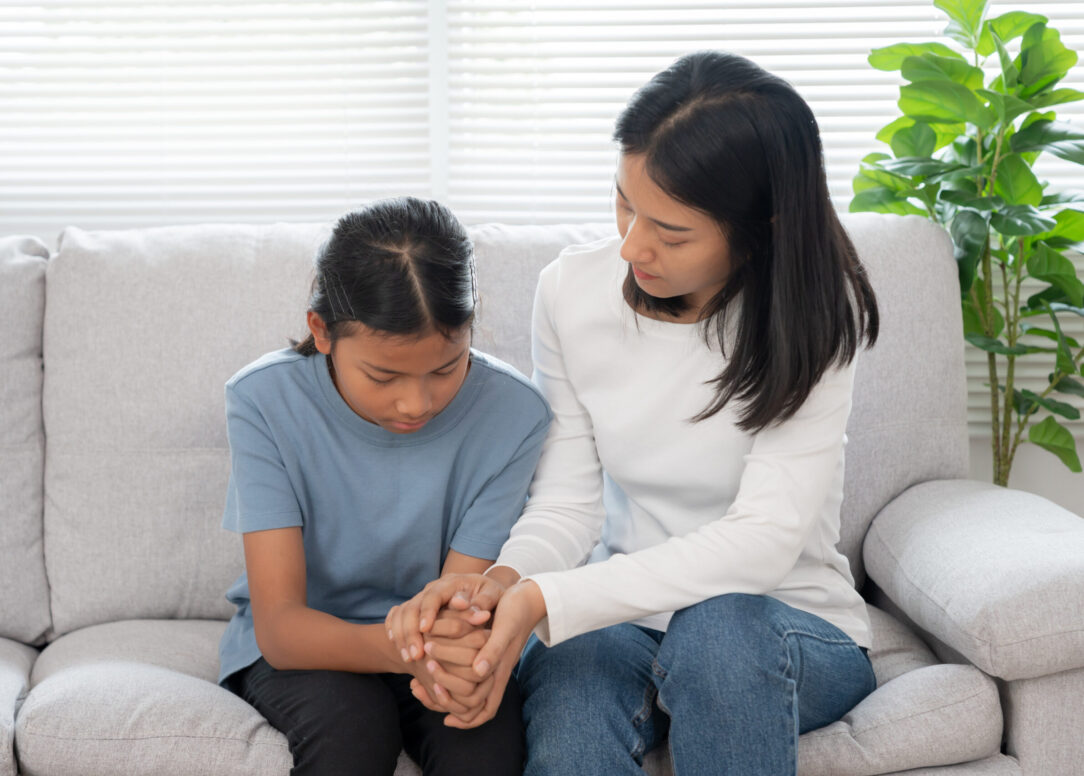
Trauma-Focused Cognitive Behavioral Therapy (TF-CBT)
TF-CBT is an evidence-based approach designed specifically for older children and adolescents who have experienced trauma.
It helps kids understand how their thoughts, feelings, and behaviors are connected to what they’ve been through. TF-CBT teaches coping skills to manage trauma symptoms like anxiety, anger, or intrusive thoughts, while gradually and safely helping the child talk about their experiences at their own pace.
With the support of a trained therapist—and often a trusted caregiver—TF-CBT helps children reprocess traumatic memories, reduce emotional distress, and build a greater sense of safety, confidence, and emotional resilience.
TF-CBT helps children:
• Understand and name their trauma responses
• Learn coping skills to reduce fear and anxiety
• Create a trauma narrative in a developmentally safe way
• Rebuild trust and confidence in themselves and others
Mindfulness & Somatic Therapy
Mindfulness and somatic therapy help children reconnect with their bodies and emotions after trauma. Because trauma often causes the nervous system to stay in a state of hypervigilance or shutdown, kids may struggle with big emotions, restlessness, or feeling disconnected.
These therapies gently teach children how to notice sensations in their bodies, identify what emotions feel like physically, and use tools like breathing, grounding, or movement to calm their nervous system.
Over time, mindfulness and body-based practices help children feel safer in their own skin, improve emotional regulation, and build a stronger sense of internal stability—essential steps in trauma recovery.
These body-based tools help children:
• Identify and calm big emotions in the body
• Build sensory regulation skills
• Feel more in control and safe in the present moment
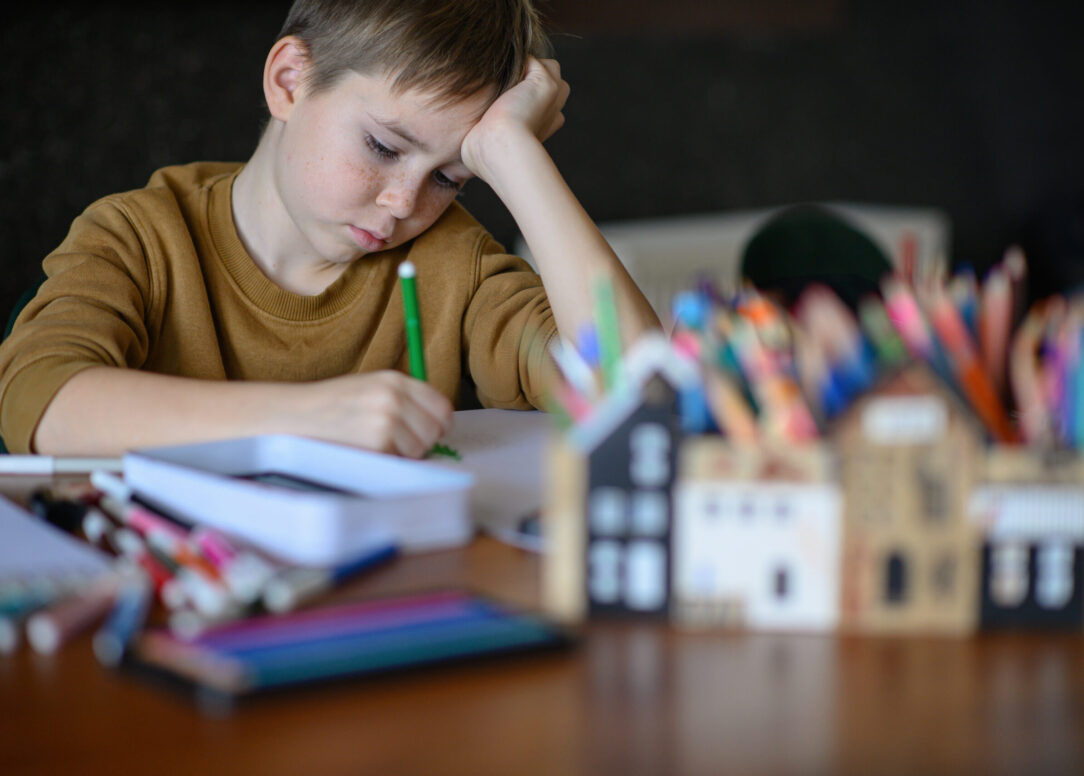

Exposure Therapy
Exposure therapy helps children gently face and process trauma-related fears in a safe, supportive environment. Rather than avoiding reminders of what happened—which can reinforce fear—exposure therapy uses gradual, developmentally appropriate steps to help children regain a sense of control and autonomy around their fear.
With the guidance of a trained therapist, kids learn that they can talk about or be near certain triggers without being overwhelmed.
This process helps rewire the brain’s fear response, reducing anxiety and avoidance over time. When used carefully and collaboratively, exposure therapy empowers children to build confidence, emotional resilience, and a stronger sense of safety in the world around them.
Exposure therapy allows children to:
• Gradually face their fears in a safe and supportive way
• Learn how to use coping strategies when distressed
• Build mastery and confidence
• Reduce avoidance behaviors that reinforce anxiety
Healing the Whole Family
When a child is hurting, the entire family feels it. You might feel helpless watching your child struggle, unsure how to support them or frustrated by behaviors you don’t fully understand.
Many caregivers wonder, “Did I do something to cause this?” or “Am I doing enough?” Trauma doesn’t just impact the child—it affects your confidence, your connection, and your emotional well-being, too.
At Pathways Counseling Services, we believe healing is a family process. That’s why we support caregivers with tools for co-regulation, effective communication, and understanding how trauma lives in the nervous system.
We’ll help you decode your child’s behaviors with compassion rather than fear, and guide you in showing up as a safe place—even when emotions run high.
When appropriate, we include parents in therapy sessions to reinforce the progress made in the room and help children feel more secure at home. Together, we create a healing environment rooted in trust, connection, and emotional safety—for your child, and for you.

Start Your Child’s Healing Journey
Watching your child struggle can feel heartbreaking and overwhelming—but you don’t have to do this alone. With the right support, children can heal, grow, and reclaim their joy.
At Pathways Counseling Services in Scottsdale, AZ, we offer in-person and virtual therapy for children navigating trauma, stress, and big emotions. Our team is here to walk alongside your family, offering tools, compassion, and hope.
Schedule a FREE 15-minute consultation to learn how child trauma therapy can support your family.
Our Therapists
Meet Sofia Softas-Nall therapist Scottsdale AZ - Trauma, LGBTQIA Therapist
Read MoreSofia Softas-Nall, MS, MA, LPC, NCC
Therapist
Meet David Merrick, MS Ed. LPC-S - Teens and Adult Therapist
Read MoreDavid Merrick, MS Ed. LPC-S
Clinical Director
Meet Allison Zimmer, MS, LAC - Anxiety and Substance Therapist
Read MoreAllison Zimmer, MS, LAC
Therapist
Meet Haley Anderson, MSW, LMSW - Child and Teen Therapist
Read MoreHaley Anderson, MSW, LMSW
Therapist
Meet Stephanie Levitt, MA, LPC, NCC - EMDR Therapist
Read MoreStephanie Levitt, MA, LPC, NCC
Therapist
Your Path to Mental Wellness Begins Here

Why choose us?
Every relationship faces challenges, but healing and growth are possible with the right support. At Pathways Counseling Services, we help couples reconnect, communicate, and build a stronger, lasting bond.
Why Choose Us?
Located in Scottsdale, AZ, Pathways Counseling Services offers a warm, spa-like environment where couples can feel safe and supported. Our holistic approach incorporates various treatment modalities, ensuring personalized care for every couple.










